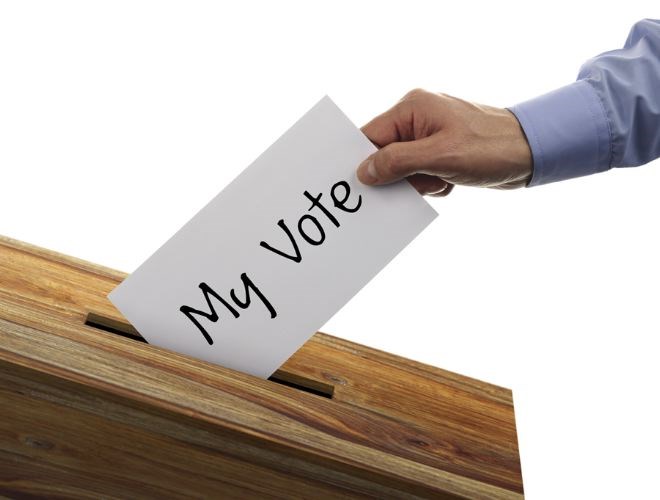Democracy.
It is a word we all use but I am not sure everyone would give the same meaning if asked.
The dictionary definition is derived from the Greek origins for the word: "A system of government by the whole population or all the eligible members of a state, typically through elected representatives."
Or: "A state governed by a democracy."
Or: "Control of an organization or group by the majority of its members."
According to Polity IV - a dataset used by political scientists - we live in a "full democracy" but it is a "representative democracy." We elect people to engage in the actual business of governing for us. We don't participate in the actual formulation of laws or policies or initiatives. We don't submit bills or legislation. We place an inherent trust in our elected representatives to govern.
This differs from the origins of the democratic process. Some anthropologists believe early human tribal groups operated on a "majority-rule" approach. Failing to go along with the majority would result in a member being ostracized or a split in the tribe resulting in a portion of the population establishing a separate community. We can certainly imagine how this approach could have resulted in the development of diverse and separate populations.
But a majority rules approach means a minority who do not get things done their way. It can lead to discord within a community unless everyone recognizes the basic principles of democracy. It certainly helps to have rules for how governance will work.
One of the earliest forms of citizen rule was in the Greek city-state of Sparta where political power was divided between four bodies: two elected kings who co-ruled, a Council of Elders which included the kings, an assembly composed of all Spartan citizens, and the ephors who oversaw the actions taken by the kings and the bureaucracy. The ephors had the power to turf anyone, including the kings, if they were not doing their job.
The Spartans even set up a public education system where all citizens received the same education. They gave women some rights which many early societies (and some much more recent) did not.
They had freedom to criticize those in power - a sort of "freedom of the press" - and a dedication to equality and liberty for all. But the society was structured as a military camp and lacked some of the personal freedoms we take for granted.
In any case, the structure was built around the central principle all citizens have the right and obligation to participate in the collective governance of the city. The structure had a ruling hierarchy but it also demanded the participation of its citizens.
Similarly, in Athens which is often thought as the birthplace of modern democracy, participating in the governance of the city state was a natural expectation for all citizens. Term limits were enforced for those in public office. Positions were open to anyone.
Indeed, Aristotle eventually came to define democracy as rule by the many as opposed to an oligarchy which is rule by the few and tyranny which is rule by the one. The interesting question is where does a representational democracy sit in the scheme of things?
We are no longer city-states with a few thousands or tens of thousands people. We no longer restrict citizenship to male property owners over a certain age. We do not have the access to public discourse in the same way as ancient Greeks.
Our civilization has evolved. But does this mean we still live in a democracy?
We certainly profess to the core values of liberty and equality although I suspect there are some who would argue they are missing. We certainly are allowed to critique our leaders. We still have mechanisms - albeit cumbersome - to depose those in positions of power who we do not want as part of the government.
But we hand off much of the responsibility and authority for governance to a select few. It does not matter what voting system is involved - single-member plurality, list proportional representation, single transferable vote - as most of us hand over our power at the voting booth.
We expect our representatives to do their jobs and to make their decisions using a majority rules approach within the legislature. And yes, this still generates discord when one group is continually on the outside looking in, but none of this has to do with the way we vote. It is an inherent feature of democracy. Or, at least, it is in the way I would define it.



